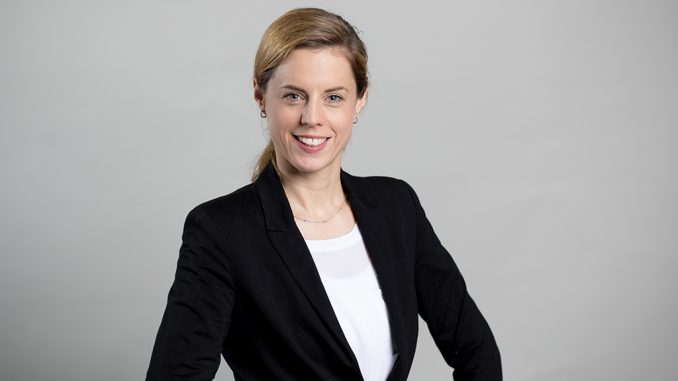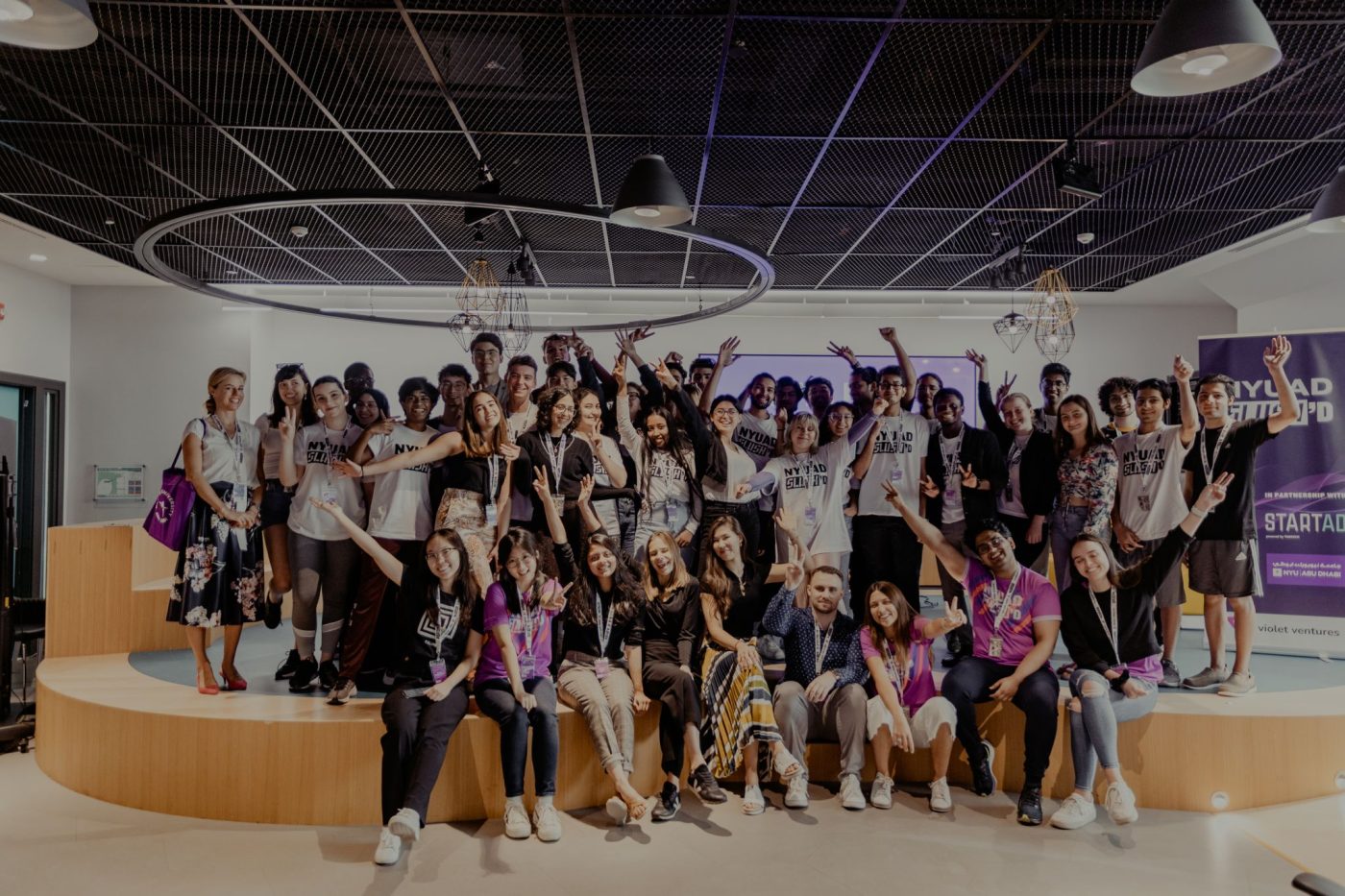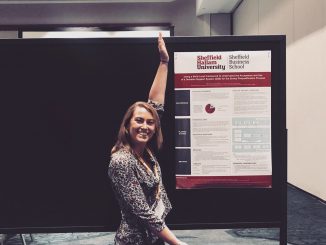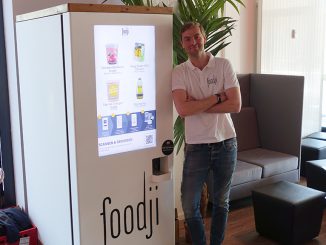
In this series, we hold regular interviews with members of the Munich Business School (MBS) faculty to gain insights into their research projects and discover how this work benefits business and students. Today, we’re speaking with Prof. Barbara Scheck, Professor of Entrepreneurship and the CEO and founder of the European Center for Social Finance.
MBS Insights: Prof. Scheck, you have spent the last year as a visiting professor at New York University’s campus in Abu Dhabi. Give us an insight into your time there: How did your visiting professorship come about? How did you find your time living in the United Arab Emirates? And were there any highlights, lowlights or particular differences to your teaching activities at Munich Business School?
Prof. Barbara Scheck: I had lived, studied and worked abroad before but, even in my current position as MBS professor, I wanted to gain further experience in other countries. Then, a few years ago, NYU Abu Dhabi launched a new study program called BOS – Business, Organizations and Society with the aim of examining business from a cross-sectoral perspective and integrating current social topics and developments. There was a lot of crossover with the topics I work on, so I applied.
I experienced a lot of highlights during my time there: the international community of students and faculty, collaborating with different NYU locations around the world, and the incredible sense of drive and optimism in Abu Dhabi, fueled by the Gulf states’ new-found self-confidence and the demand for large-scale economic and social transformation – to the extent that people have already to talk about a “Gulf Moment”.


I had worked in an international environment before at MBS, the class sizes were similarly small and, like MBS, NYU Abu Dhabi sets great store by teaching quality. However, the American approach of liberal arts education is very different to our highly focused business programs in Germany. It allows students to choose courses from a range of subjects across all disciplines in their first year. The aim is to encourage critical thinking and engagement with complex topics. It is only later on that students choose a specific subject for a professional qualification.
If there was a lowlight, then it was something I was aware of beforehand – the logistics that our stay entailed. We moved with three small children, which meant new schools, kindergartens, a new language, setting up a new apartment, registering for a new driving license, health insurance, and so on. However, the experiences we had were definitely worth the effort, which is why we decided to extend our stay in the UAE.
MBS Insights: Turning to your research, did your stay at NYU Abu Dhabi also provide new inspiration, networks and even ideas for future research projects?

Prof. Barbara Scheck: In my research and in my practical projects, I look at financing for social innovations – and the people that drive these innovations, namely social entrepreneurs, social investors and innovative state actors. With this in mind, things are very exciting in Abu Dhabi at the moment: the majority of students come from emerging markets, primarily the MEASA region (Middle East, Africa and South-East Asia). These countries are already home to the majority of the world population, will account for 100% of future population growth and so face associated challenges. Students therefore have a keen interest in the solution approaches, techniques and financing opportunities available for social innovations, so that they can take this knowledge back to their home countries.
In addition, an array of initiatives and activities in this area are already underway in Abu Dhabi itself. For example, this year’s COP 28 climate summit will take place in the UAE and there are various state initiatives to strengthen social entrepreneurship and promote impact investments. These new experiences and other perspectives on the topic are obviously hugely rewarding and help to generate new ideas for future research topics and projects.
MBS Insights: What approach do you use to ensure your research stays relevant for practice and, in particular, to communicate it in a way that keeps it interesting for students?
Prof. Dr. Barbara Scheck: I aspire to teach all content in a way that enables students to identify the relevance to their own life and their future career prospects. So, I employ practical examples when covering course content, invite guest speakers to my lectures and explore topics in more detail using case studies. I think it’s also important in this context for students to be able to bring their own interest in the material to bear. When it comes to analyzing impact sectors, for example, I allow students to choose the area that interests them most. In addition, I encourage students to work on practical questions in teams – for instance, when examining potential investments in impact investing courses, or by developing their own start-up ideas on entrepreneurship courses.

You are interested in economics and want to acquire in-depth business know-how?
Then the international business degrees at Munich Business School (MBS) are just right for you! At MBS you won’t cram dry theory from old textbooks, but learn in a outcome-oriented way and gain valuable practical experience. Convince yourself:
Bachelor’s in International Business
Master’s in International Business
Master’s in International Business I Finance
Master’s in Innovation and Entrepreneurship
Master’s in International Marketing and Brand Management
Master’s in Sports Business and Communication
MBA General Management
Doctor of Business Administration



